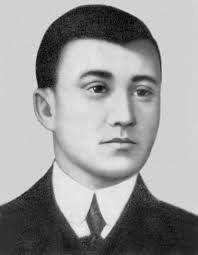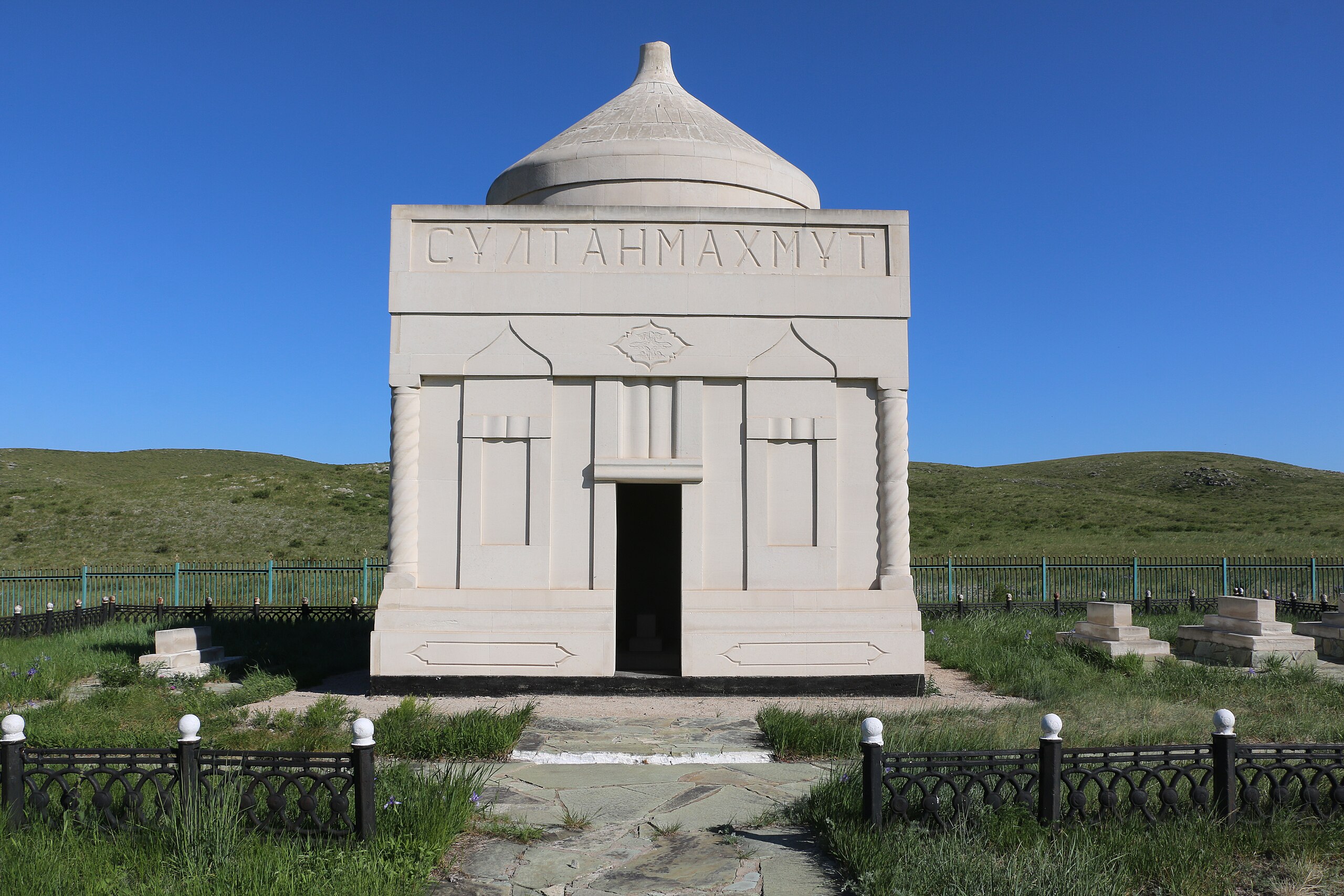ASTANA – Kazakhstan commemorates the 130th birthday of eminent poet and writer Sultanmakhmud Toraigyrov on Oct. 28. His life and works have been devoted to educating the Kazakh people and liberating them from socio-political and spiritual oppression.

Sultanmakhmud Toraigyrov
Born in 1893 in the Pavlodar Region to a cattle breeder’s family, Toraigyrov received first literacy lessons from his father and then studied with the village mullah. The mullah’s harsh treatment and punishment for writing poems formed the basis for his negative attitude towards religious education.
From his first poems, which were written in approximately 1907, his voice was distinct and clear. There was a negative tone, one of detachment from the outdated system of education with a hint of social critique. Since then, the aspiration for modern education became the major purpose of his life and art.
That sense is broadly on display in poem after poem, all of them emphasizing the importance of education and the role he could play in that transformation, as in the 1917 poem “Thoughts of a Student,” where he aspires to be the bright sun that dispels the darkness of ignorance:
To the dark Kazakh sky,
I would climb and be the sun!
To the blue of the darkness,
Who will I be if not the sun? (author’s loose translation).
“The attempt to comprehend the place of the individual in the grandiose, cosmic scale is a phenomenon that has no analogs in Kazakh poetry of the past. The lyrical hero of Toraigyrov’s poetry feels himself as a part of the eternal, inexhaustible, fiery matter. It is not by chance that the favorite image of the poet is the image of fire, perceived by him as a symbol of warmth and light,” wrote researcher Murat Auezov about Toraigyrov’s poetry.

Toraigyrov Mausoleum in the Pavlodar Region. Photo credit: Yakov Fedorov/wikedia.org
He always aspired to receive an education in the Russian language, which led him to Troitsk, a town in the Russian Chelyabinsk region near the Kazakh border, in 1912. There, Toraigyrov studied the works of Abai and familiarized himself with the works of Russian poets and writers such as Aleksandr Pushkin, Mikhail Lermontov, and Ivan Krylov. Soon, he was able to read their works in the original.
In 1913, Toraigyrov’s health deteriorated due to deprivation and hunger, and he succumbed to tuberculosis, prompting him to pause his education and relocate to the village where he worked as a teacher. During that time, he contributed to the Aikap magazine, where he later published his poems and essays.
Toraigyrov was primarily a poet, but he also wrote novels. In 1914, Toraigyrov wrote his first novel, “Kamar Sulu” (Beautiful Kamar), one of the most significant works of the pre-revolutionary period Kazakh literature.
Many of Toraigyrov’s novels impress with their passion and rhythmic prose. They have a distinct national flavor due to colorful epithets and comparisons, sayings, and proverbs taken from oral poetry.
The poet died young, aged 27, from tuberculosis. Nevertheless, he left a rich legacy. Overall, he wrote six collections of poems, dozens of short stories, and two novels.
